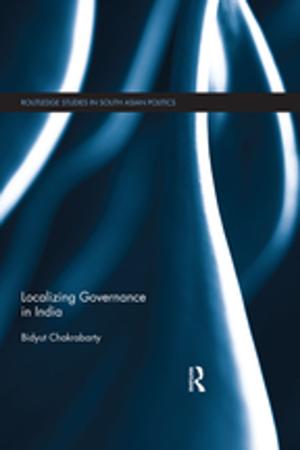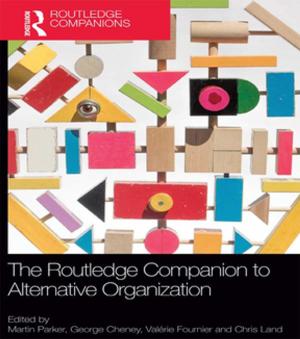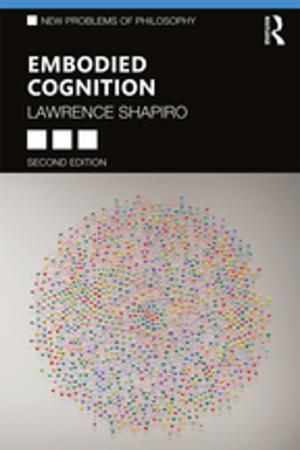Composition in Convergence
The Impact of New Media on Writing Assessment
Nonfiction, Reference & Language, Education & Teaching, Educational Theory, Evaluation, Teaching, Computers & Technology, Language Arts, Communication| Author: | Diane Penrod | ISBN: | 9781135623579 |
| Publisher: | Taylor and Francis | Publication: | March 23, 2005 |
| Imprint: | Routledge | Language: | English |
| Author: | Diane Penrod |
| ISBN: | 9781135623579 |
| Publisher: | Taylor and Francis |
| Publication: | March 23, 2005 |
| Imprint: | Routledge |
| Language: | English |
Composition in Convergence: The Impact of New Media on Writing Assessment considers how technological forms--such as computers and online courses--transform the assessment of writing, in addition to text classroom activity. Much has been written on how technology has affected writing, but assessment has had little attention. In this book, author Diane Penrod examines how, on the one hand, computer technology and interactive material create a disruption of conventional literacy practices (reading, writing, interpreting, and critique), while, on the other hand, the influence of computers allows teachers to propose and develop new models for thinking and writing to engage students in real-world settings.
This text is intended for scholars and educators in writing and composition, educational assessment, writing and technology, computers and composition, and electronic literacy. In addition, it is appropriate for graduate students planning to teach and assess electronic writing or teach in online environments.
Composition in Convergence: The Impact of New Media on Writing Assessment considers how technological forms--such as computers and online courses--transform the assessment of writing, in addition to text classroom activity. Much has been written on how technology has affected writing, but assessment has had little attention. In this book, author Diane Penrod examines how, on the one hand, computer technology and interactive material create a disruption of conventional literacy practices (reading, writing, interpreting, and critique), while, on the other hand, the influence of computers allows teachers to propose and develop new models for thinking and writing to engage students in real-world settings.
This text is intended for scholars and educators in writing and composition, educational assessment, writing and technology, computers and composition, and electronic literacy. In addition, it is appropriate for graduate students planning to teach and assess electronic writing or teach in online environments.















